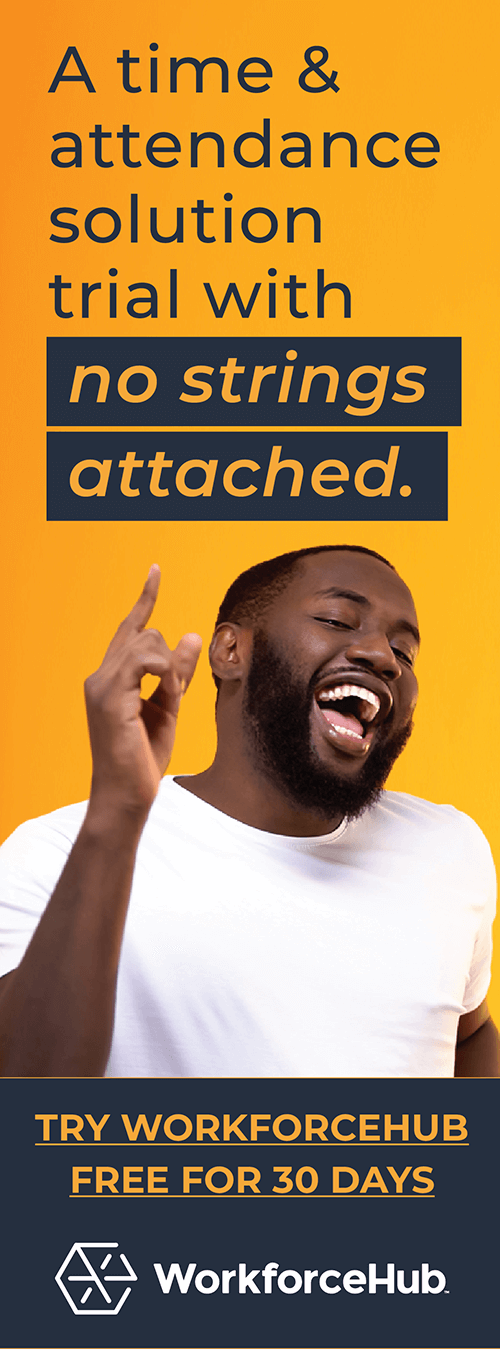Use EQ to grow your accounting business

Emotional Intelligence: The missing key
In 2010, Grant Thornton UK undertook some unorthodox steps to grow their already successful accounting firms. The process took 5 years.
The result?
A 35% revenue uplift!
And a 16% increase in client satisfaction!
What did they do?
What made the difference?
Grant Thornton UK undertook a massive transition in corporate culture by improving the emotional intelligence of their accountants and staff.
They built EQ training into their leadership program.
They changed the culture and perception that their accountants were “ivory tower experts” separate from their clients. They emphasized the need to be flexible is to be open and responsive to change.
They taught that the ability to see and feel where change is needed and to take the steps necessary to make that change is where some companies live and others die. They taught accountants to be a business partner to their clients and to focus on solving the client’s problems.
What was so revolutionary about the steps were taken by Grant Thornton UK?
EQ is one of the greatest defining factors between different accountants
A 2014 survey by the International Federation of Accountants (IFAC) revealed that small and medium-sized accounting practices struggle to differentiate themselves from the competition. The profession of accounting has largely focused on technical expertise.
Create a niche
Offer expanded services
Become a one-stop-shop offering 401k planning for business clients, investment services, and everything under the sun.
These are all great suggestions.
But it’s not enough.
Accountants face the need to offset the loss of traditional bread and butter services to outsourcing and automation. This makes them increasingly reliant on skills of management, business advisory, and new business development.
It doesn’t. Business is about emotions: passion, risk, and sometimes fear of failure.
Before clients will give accountants what they want, they need to trust them. Trust is built by being interested in the client.
Do your clients trust you?
This can be a hard question to answer. Of course, you want to say “YES!”
EQ Builds Trust. Trust is Translated into 1,000 Actions
When your clients trust you as their accountant, they are more likely to take action.
This is demonstrated across specialties, individual circumstances, and geography. Your client will. . .
Not convinced? Check this out:
One study of partners at a large US public accounting firm found that partners with significant strengths in self-management contributed 78% more incremental profit than the partners without those strengths.
And,
Partners with strong social skills added 110% more profit than those with only self-management competencies. (Primal Leadership: Realizing the Power of Emotional Intelligence by Daniel Goleman)
What is Emotional Intelligence? And more importantly, how can you grow yours?
Daniel Goleman recounts how the importance of emotional intelligence was demonstrated at the BBC. Managers decided to close a particular news division. It had been set up as an experiment and journalists and editors felt they have given it their best.
The executive sent to deliver the news of the division’s closure started his remarks off with a glowing account of how rival operations were doing. He told of a trip to Cannes he had just taken. Then he delivered the news with a bisque and contentious manner. It enraged many of those present at the decision and the executive giving the news. The atmosphere became threatening.
However, another executive visited the same staff the next day. He spoke from his heart “about the crucial importance of journalism to the vibrancy of society.” He spoke about the calling they had all felt and that had drawn them into journalism. He invoked passion, dedication, that the journalists felt for their profession. Then he wished them well in their careers. After his speech, the crowd cheered. (Taken from Primal Leadership: Realizing the Power of Emotional Intelligence)
What contrast!
You have probably heard,
Can emotional intelligence be learned and acquired? It is not set in stone.
1. Identify your feelings and the feelings of those around you.
Depending on who you ask, there are either 4, 6, or 9 core emotions. Some researchers define as many as 72 different emotions!
Relax, you don’t have to identify all 72 emotions to have a high EQ!
Instead, take a few minutes each day to identify a time during the day when you felt each of the nine emotions and why.
This can be a difficult exercise, especially if you aren’t used to identifying your emotions. It may feel awkward at first. But don’t worry! It will become easier for you to identify your emotions and you’ll start to recognize them at the moment and identify the cause for them.
2. Get in the Mood:
Understand that your emotions (and other’s) guide the decisions you make and how you solve problems. You can use emotions to motivate, connect, build trust, and reason with others. This includes being open and honest.
It includes setting goals and positive thinking.
It also includes changing your physical environment when you recognize you are in a negative emotional place. Get up. Move around. Clear the cobwebs and get your blood pumping.
3. Understand how events change and develop feelings
This is especially critical when dealing with clients and coworkers. One of the best ways to do this One powerful way to do this is to develop empathy.
Empathy is different from compassion.
I remember in college studying empathy. My professor related the following story.
In a similar class of middle to upper class (mostly white) students, the discussion focused on the ghettos and the violence and drug cultures. Students were asked what they would do if they were in similar situations where older siblings, parents, and peers were involved in gangs, dropped out of school, and used drugs.
How could these students steer clear of this kind of culture?
One student raised his hand and said: “Go jogging!”
This illustrates the difference between compassion and empathy. Sympathy is feeling how we would feel in the same situation while empathy is feeling how the other person feels in that situation.
In other words,
The student who suggested jogging was suggesting a solution based on his middle-class suburban background. He did not fathom the actual reality of growing up in a different situation and how that would affect him. He did not recognize the reality of a poor student jogging through dangerous neighborhoods and the harassment he could receive from his acquaintances for the exercise. He failed to understand the lack of tools and resources available to such a student in that situation.
Empathy is understanding how the other person feels in a given situation, even when it is different than how we would feel.
Learning to express empathy to those around you creates a method for connection- which builds trust. Even if you struggle with empathy, start practicing it. Consider how they must feel and why. Reflect on how a change in situations will affect those around you.
4. Do it with Feeling: Managing Emotions.
Emotions contain information and influence feelings. Learn to incorporate emotions into your reasoning and problem-solving. Use them in your judging and behavior.
This means realizing how emotions can play into negative behaviors as well. Functioning with emotions does not mean becoming dramatic or negative. Selfishness, dwelling on the past, complaining, and negativity are all reactions that should be avoided for high emotional intelligence.
Conclusion
I wish I could give you the kind of profits covered above without requiring work from you. Developing emotional intelligence can be hard work, especially when it’s needed the most. But it is worth it.
EQ is the difference between a good accounting practice and a highly profitable one. It is the one factor that will distinguish you from your competition. It will solidify client trust in you and cement their levels of loyalty.
Are you ready to grow your accounting business by developing your EQ?
References
Caruso, David R. & Salovey, Peter The Emotionally Intelligent Manager. How to develop and use the four key emotional skills of leadership. 2004
Goleman, Daniel. Emotional Intelligence. Why it matters more than IQ. 1995
Goleman, Daniel., Boyatis, Richard., McKee, Annie., Primal Leadership. Unleashing the power of Emotional Intelligence
Maister, David H., Green, Charles H. Galford, Robert M The Trusted Advisor. 2001.
Written by Annemaria Duran. Last updated August 27, 2018.
Simplify HR management today.
Simplify HR management today.
9 Best Receipt Apps for Small Businesses and Freelancers in 2024
As a business owner or freelancer, you’re spinning many plates at once. You’re keeping up with payroll, making pitches, nurturing your email marketing funnel, and much more. All to maintain and grow your business. The last thing you need is to panic each month as you look for receipts at expense report time. Administrative work…
Read MoreYour Guide to GPS Time Tracking (Geofencing)
Updated March 19, 2024 When your business has employees working remotely or at various job sites, time tracking can become a challenge, particularly if the company relies on physical clocks for punching in and out. But offering a mobile app or web-based tracking solution can cause some concerns. You might wonder whether employees are clocking…
Read More




